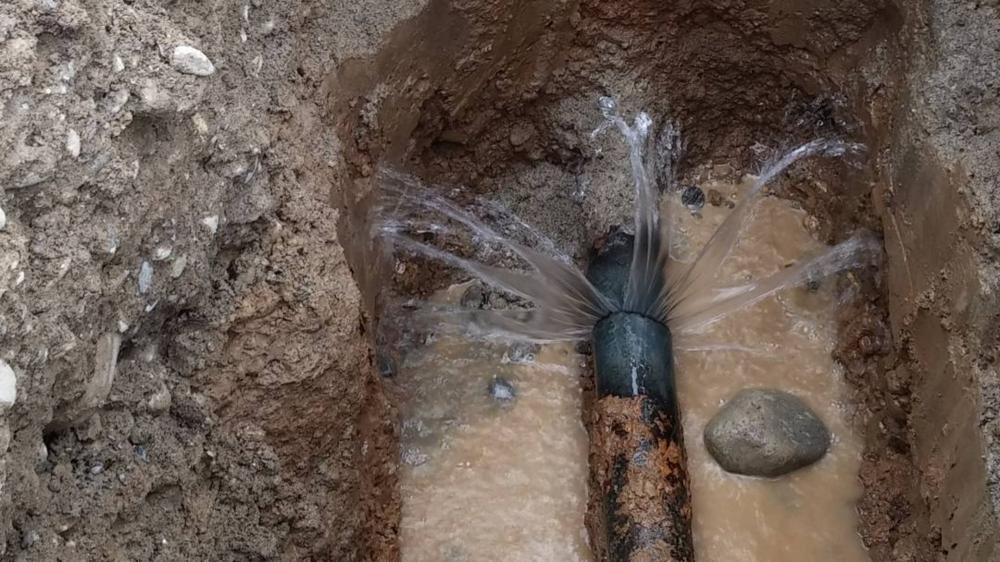Close to 700 million cubic meters of water are wasted in the country annually, of which the loss of 250 mcm is inevitable, a senior official at the National Water and Wastewater Engineering Company (Abfa) said.
"Abfa's non-revenue wastage rate is 25.5%, of which 13.4% are real losses [through leaks, also referred to as physical losses] and 12.1% are apparent losses [through theft or metering inaccuracies]," Ali Seyyedzadeh was also quoted as saying by ILNA.
Non-revenue water refers to water that has been produced and lost in different ways before it reaches the customer.
"The rate of wastage in developed states stands at 15%, as there is no such thing as "zero wastage" even in the most developed grids in the world," Seyyedzadeh said, adding that as per the Sixth Five-Year Economic Development Plan (2017-22), the rate should decrease 0.5% per year to hit 23% in 2022. According to the official, the goal of reducing water wastage cannot be accomplished unless 7,000 kilometers of water grid are rehabilitated.
Pointing to Japan where the rate of non-revenue water is 7%, he noted that developed infrastructure has helped the country reduce the rate to as low as 3.4% in Tokyo.
Seyyedzadeh noted that more than 350 Iranian experts have received training in Japan pertaining to preserving non-revenue water over the past three years, which training courses are continuing. According to the official, the management of dwindling water resources is more challenging in rural areas due to decentralized networks and lack of water meters. The share of non-revenue water in total produced water is 31% in Iranian rural areas, while it stands at 25.5% in urban areas.
Asked about installing special equipment in public places and houses to reduce water consumption, Seyyedzadeh added that although such devices are inexpensive, households show no interest in purchasing them as water tariffs are very low in the country.
Raising Tariffs
According to Energy Minister Reza Ardakanian, raising water and power tariffs can play a major role in stabilizing the key sectors. Reportedly, the Energy Ministry’s proposal to hike water and electricity tariffs has been ratified by the Cabinet, based on which the two vital commodities’ prices will rise by 7%.
Ardakanian believes that although the rise is marginal, it can help the ministry launch more development ventures in the long run.
"Supplying people with quality potable water is a top priority of the ministry," he added, noting that 99.9% of urban population and 82% of rural areas are provided with healthy drinkable water in the country. On rationing schemes, Ardakanian said, "There are no plans to impose quotas on household sector for consuming water, and in case of emergency, less water will be supplied to the agriculture sector."


